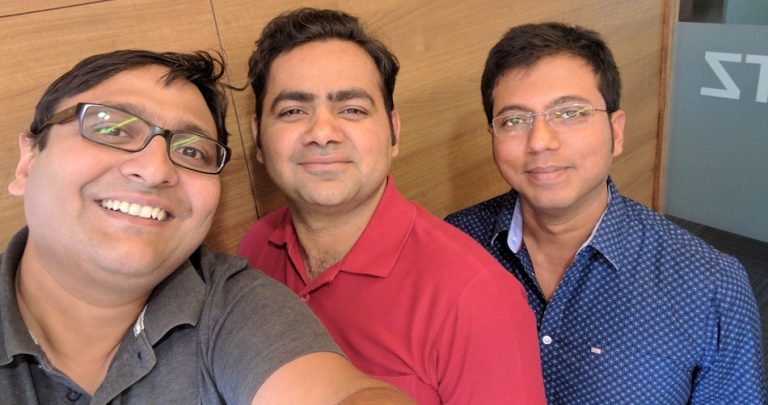Every startup wants to be big someday, and most successful businesses were startups when they began. But the truth is, somewhere down the line most of them end up either dying, or getting acquired by big companies. This gets a notable exit for most investors, but the story for startups ends there.
“Most startups are destined to die. Even the funded ones,” said Kunal Shah, the founder of CRED, adding that the success of a startup is mostly a miracle. “And a miracle doesn’t happen with a team that’s looking for stability and dislikes ambiguity,” he said, adding that startups need problem solvers.
The same is the case with the current AI startups, globally. The ones that started their journey a few years ago are now either getting acquired or gradually dying because of lack of funds. Only a few companies, such as OpenAI, Anthropic, Mistral, Hugging Face, and few others, are actively getting funded, which eventually will be known as the prodigies of the AI generation.
The AI Bubble is Here
With Google recently acquiring the founders of CharacterAI, the case of AI startups sustaining for a long term is put into question. The same was the case with Mustafa Suleyman from Inflection AI joining Microsoft AI Research team, Amazon taking over Adept AI’s team, Snowflake’s acquisition of Neeva, or Canva’s acquisition of Lenoardo.ai.
Going by that logic, Reka AI or even Cohere, might end up with the same fate. With Emad Mostaque leaving, Stability AI is also going through unstable times. The same could happen to Midjourney.
What options do startups really have apart from getting acquired? As the discussion around the AI bubble intensifies, it gets tougher for companies to raise funds from investors as they get increasingly wary. The ones that were successful during the AI boom are now encountering difficulties.
Most of these startups are also not making money. For example, Lensa, the AI photo generating company with a great product and marketing, was not able to differentiate itself even when it was generating revenue. Quickly, other companies started building similar offerings within their own products, making Lensa lack defensibility.
This is the problem with most of the AI startups. “The problem with AI is that just as quickly as you can create a great product, another copycat can emerge and undercut you,” said David Chen, the CEO of Kapsule. Apart from this, another problem he highlighted was the problem of finding use cases and distribution.
While India is currently running as the AI use capital of the world, running on jugaad and not VC money, the long term strategy for them also seems questionable. Though they know how to run businesses without large investment, most of them have the inherent goal of getting acquired, as competing with big-tech is not what they strive to do.
A few, such as Sarvam AI, Krutrim, TWO.AI, may have received a decent amount of funding, but long-term plans still remain unclear.
Sriharsha Putrevu, the co-founder of Retail Technology Group, said that the current AI startups would fail as they are not focused on value creation, but rather just the valuation. “Startup is a repeatable, scalable, sustainable business model not just a cash burning, user acquiring business models in hope of making profits in decades,” he said.
Sales Cure All Problems
When it comes to starting a company, raising funds is the relatively easy part (not easy in itself) as we have seen with a lot of current AI funds. The harder part is finding the right market, niche, and perfect fit for profit.
The problem cannot be solved by building the best version of an AI model as well, since any competitor would learn from it and create an even better one with the frontier of AI constantly moving. Though the cost of building AI models is shrinking which is helping the startups, it is also drawing in several competitors to the field.
Take, for example, OpenAI’s GPT-4 constantly getting dethroned by Meta’s Llama 3 or Anthropic’s Claude, or Google’s Gemini. And these are the ones that are already competing for the top spot; what about the new startups?
If AI is like electricity, it is important for startups to build a niche and solve the problem in a specific field, since competing for ‘best electricity’ does not make sense. That is what the current Indian AI landscape is focused on – to build use cases of AI instead of building the next LLM. Maybe, this would help them sustain, but for how long is the question.
Moreover, since the investors in India are extra wary of pouring money into startups, these companies have very low tailwinds. This is making them run low on money and get close to the point of acquisition, or maybe extinction.
All these problems can be solved with sales, for which startups need to move fast. For some, AI is a bubble, for some it is a tree. Regardless, many AI startups would burst or fall off that tree.
































